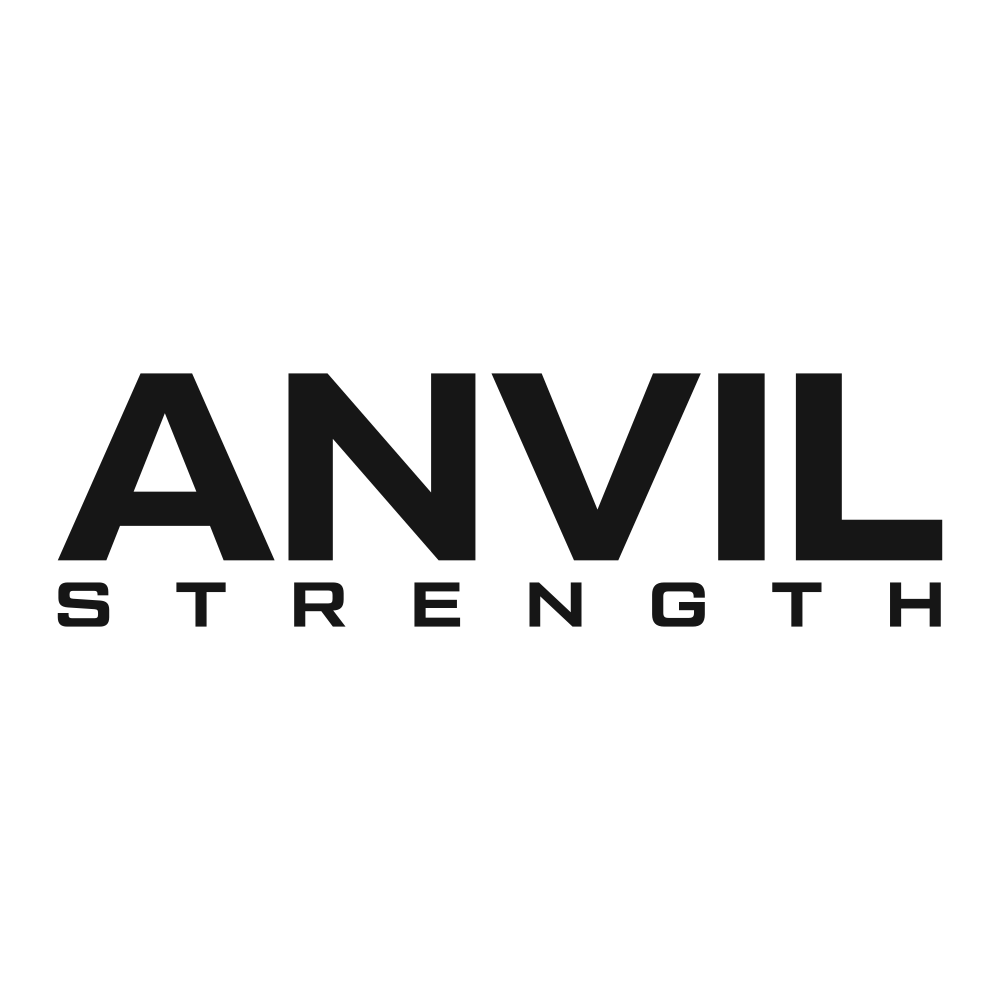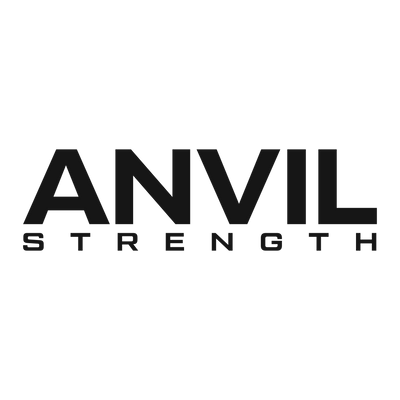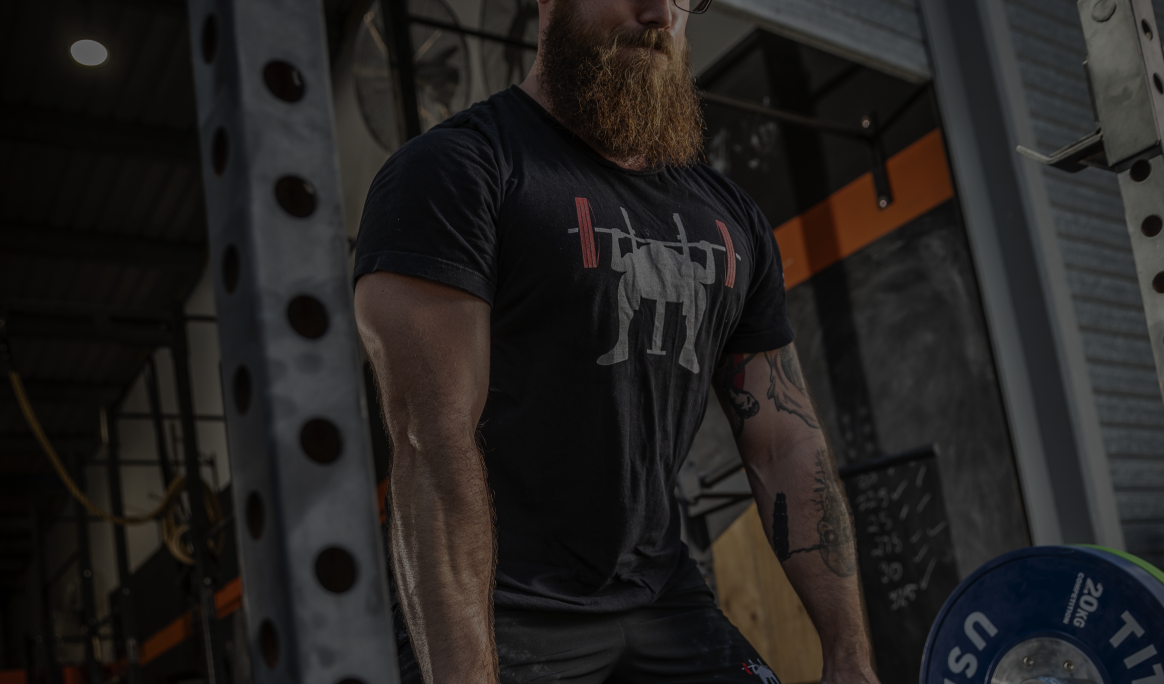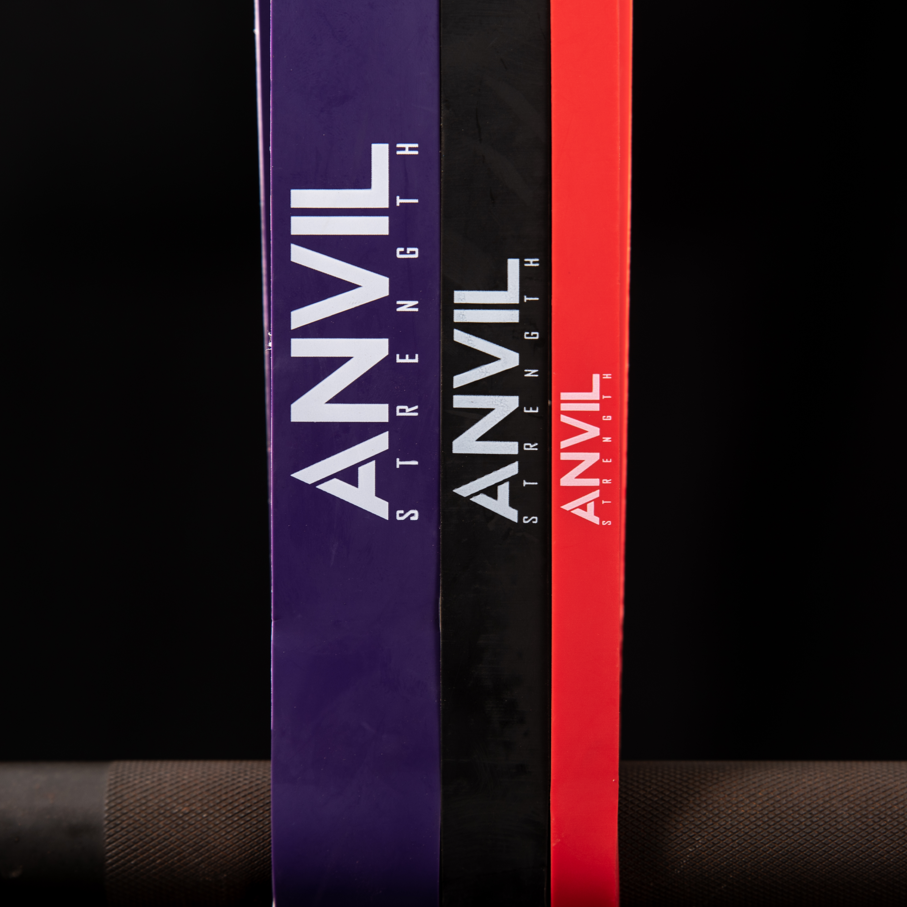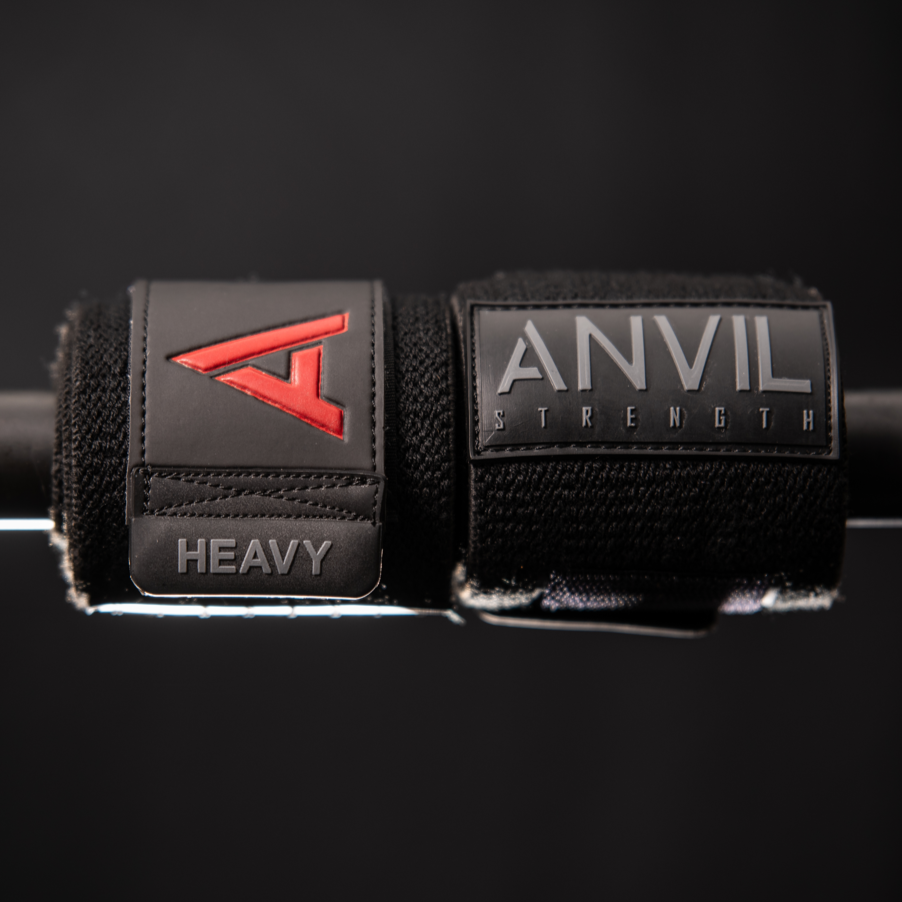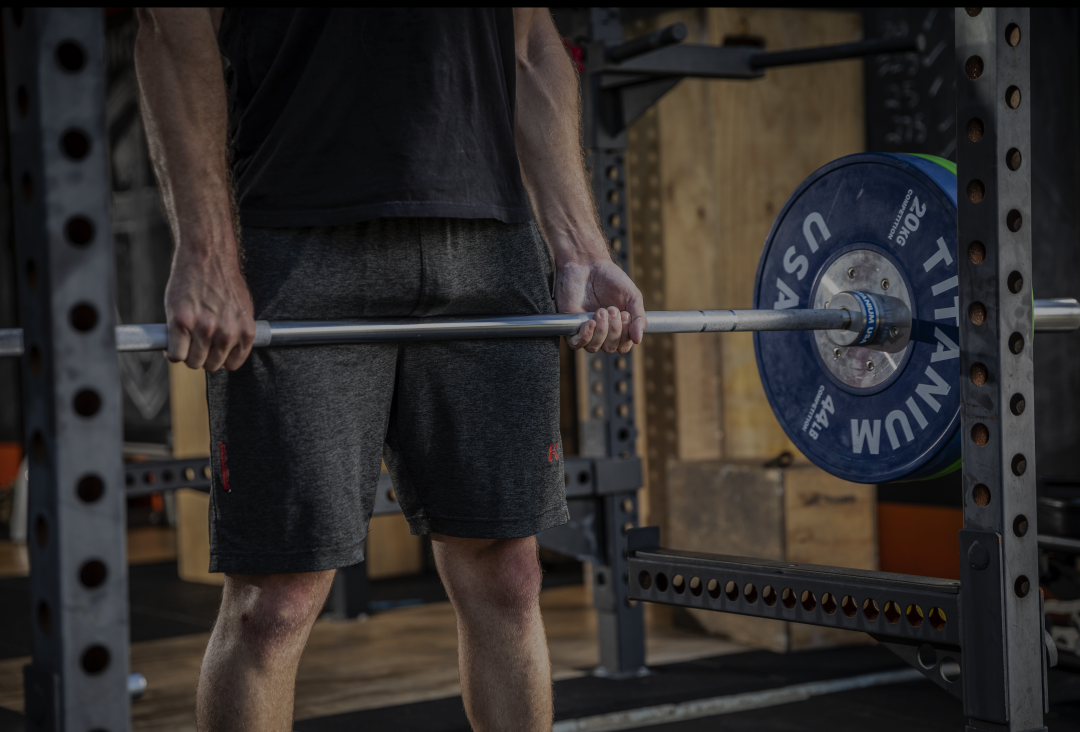All Articles
Not everyone learns best by sitting down and reading a textbook - instead, they may benefit more from watching a video on that topic, with a narrator and visual animation helping them conceptualise what is being explained. What I’ll be including in this week's article is some good sources of information that anyone can access and consume.
The Pull is the work of the posterior - your back. The posterior chain, which describes the powerful chain of musculature running from the backs of your knees up to the upper middle of your back, and the muscles of your upper back, running outwards from your spine to your shoulders, are our prime movers responsible for most of your body’s pulling movements.
Females have differences in the way their bodies respond to resistance training - some obvious and some less so. In addition to that, there are existing cultural perceptions around ‘bulky’ women. In light of this, it’s important to have an understanding of training impacts that are not only physical, but also social. By exploring both of these, I hope to provide the average female gym enthusiast some insight into why their hard work may or may not be optimal for their body. Whether it’s diet, technique, body composition or rep scheme - strength and conditioning for females can be tweaked to better suit the individual in ways that it otherwise shouldn’t be for males. With more opportunities for females to be athletes professionally or recreationally, there’s also more opportunities to train them.
In fitness terms, a push is what is known as an “extension”. The act of “pushing” your hands or feet (or both) out, away from your body, is extending them. When done in a training context, the push is one of the key concepts that can help you understand how you are applying force to something; be it a barbell, a ball, or another person. Once you understand the general concept, it becomes easier to understand how your body does what you tell it to do, what it can be used for, how to train for the best results, and what common injuries and imbalances would likely affect your ability to “push”.
The Anvil team is back from visiting their families and ready for a fresh year - feeling better rested, slightly more tanned, and sick of our parents asking us if what we’re doing is financially viable. Christmas is always a good chance to get away from the everyday scenery, step back and appreciate the year you’ve had, and enjoy the holiday with people you care about - whether that’s family, friends or even pets. As the team sits down again, we’re looking toward the year ahead and the plans for which we set the groundwork during the end of 2019.
A Letter from the Editor on Being a Civilian and Finding Your Footing with Veterans: If you’ve been paying attention to the fine print at the bottom of most of the articles released by Anvil - and I don’t blame you if you haven’t - my name might be familiar. ‘Article Edited, Proof-Read, and Fact-Checked by Charlotte Officer’ - a small watermark of my involvement with Anvil Training & Development. Over the course of the year, as Anvil has grown - I’ve had the opportunity to act as the editor for the weekly publications released by the team.
The purpose of this article isn’t to talk specifically about how well things are going or to thank anyone, it’s more so for the sake of reflection. Every time you do something, there’s an opportunity to look back and assess whether it could have been done better, and how this could be applied to situations that arise in future. Could I have studied more? Should I have given myself more rest? Or should I have put in more effort on the days I wasn’t feeling great? Questions like that can haunt us if we let them get out of control, but like anything, they can be used for your benefit when applied correctly.
Warning: This article is written specifically for Infantry soldiers, and as such is full of jargon and colloquialisms that are specific to them. It also contains language and concepts that may be offensive for the faint of heart. If, at any point, you feel upset by what you’re reading, just remember: This article wasn’t written for you, and you can stop at any time.
And then, completely out of the blue, he was more honest.
“Actually. We’re all having a rough time, even if we’re pretending we are fine. I thought it would be good to catch up, because maybe - we can all talk about it.”
This kind of message is pretty rare in the Veteran community. As much as we go on about having a support network and communicating about the hard shit, it isn’t very often that you get a message that honestly says it how it is:
We are all having a rough time, even if we are pretending we aren’t.
